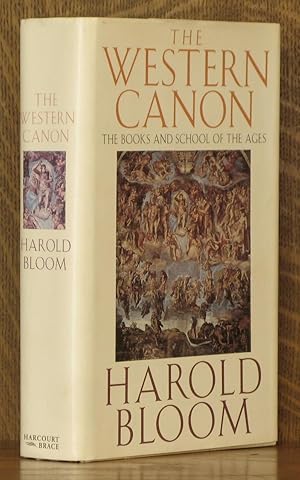
There are many much better reviews of this very book on, and I would urge you to check them out before being discouraged from picking up Bloom's excellent book. My main motivation for writing this review is my disappointment in the other reviews here on Audible so far.


Milton, Samuel Johnson, Goethe, Ibsen, Joyce, and Beckett were all indebted to him Tolstoy and Freud rebelled against him and while Dante, Wordsworth, Austen, Dickens, Whitman, Dickinson, Proust, and the modern Hispanic and Portuguese writers Borges, Neruda, and Pessoa are exquisite examples of how canonical writing is born of an originality fused with tradition.Ī personal and opinionated book on the Canon In the creation of character, Bloom maintains, Shakespeare has no true precursor and has left no one after him untouched. Shakespeare has become the touchstone for all writers who come before and after him, whether playwrights, poets, or storytellers. Insisting instead upon "the autonomy of aesthetic," Bloom places Shakespeare at the center of the Western Canon. He argues against ideology in literary criticism he laments the loss of intellectual and aesthetic standards he deplores multiculturalism, Marxism, feminism, neoconservatism, Afrocentrism, and the New Historicism.

Harold Bloom explores our Western literary tradition by concentrating on the works of twenty-six authors central to the Canon.


 0 kommentar(er)
0 kommentar(er)
